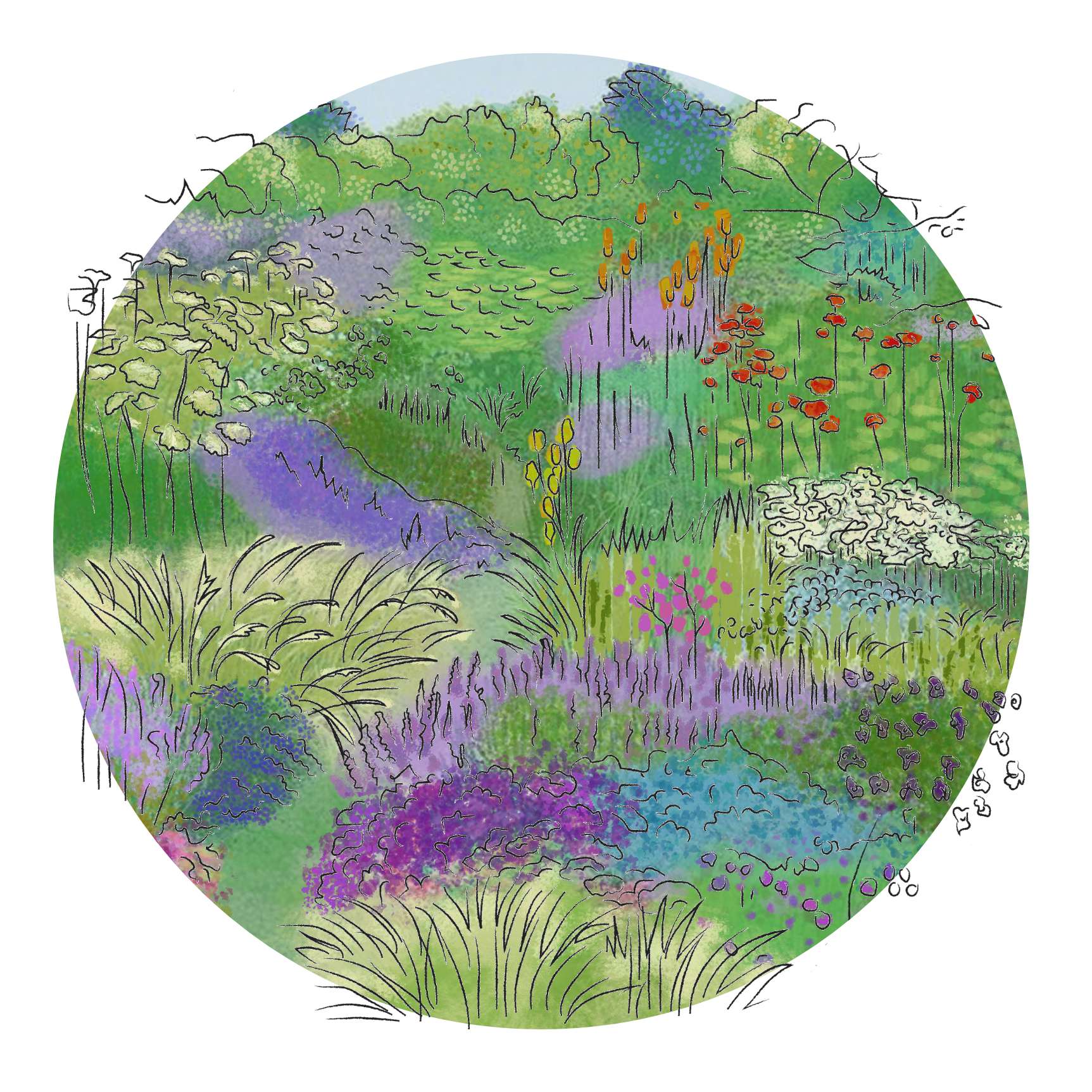Glossary
Explore here a set of explanations of many of the Japanese and Buddhist terms most commonly used at Shinnyo‑en.
Bodhisattva
A Sanskrit word that refers to a person who pursues enlightenment to attain lasting peace for others and themselves. A bodhisattva forgoes entry into the final peace of enlightenment to reappear in the cycle of lives and help others for as long as needed. The selfless practices of the bodhisattva, characterized by wisdom, great compassion, and loving kindness, are the distinguishing features of Mahayana Buddhism.

Buddha
A Sanskrit word that means “awakened one.” It is used to describe a person who has attained enlightenment and has permanently transcended the endless cycle of suffering. When capitalized, it refers to the historical Buddha who lived in India in the 5th or 6th century BC. When used without capitalization, it refers to anyone who has reached enlightenment.

Buddha Nature
The potential for enlightenment that exists naturally within all beings. Expressions of buddha nature can be glimpsed in an ordinary person’s selfless thoughts, words, and acts of loving kindness and compassion. When enlightened, this nature becomes fully revealed and is expressed through continued selfless acts for all beings.

Dharma
Dharma has two meanings. Its first meaning is the truth that produces inner peace that the Buddha was able to realize in his lifetime. This Dharma leads to freedom from the causes of suffering. The second meaning of Dharma is the teachings that can lead other people to realize this truth and peace. These are the teachings of the Buddha, which can be in the form of stories, songs, paintings, poems, and more. In explaining these two meanings, the Buddha likened his teachings to a raft used to cross a raging river, and the final inner peace of enlightenment to the safety of the shore.

Esoteric Buddhism
Esoteric Buddhism refers to special teachings and practices that rapidly advance the practitioner towards enlightenment. “Esoteric” refers to the restricted nature of these practices. People must be initiated into Esoteric Buddhism by a qualified master and it should be practiced privately under their guidance. Esoteric also describes the “hidden” or “mystical” spiritual knowledge that these practices reveal. The master-disciple relationship is one of the distinguishing features of Esoteric Buddhism.

Karma
Karma is a Sanskrit word that refers to the thoughts, words, and actions that lead to the circumstances of a person’s life. These circumstances include the nature of their birth, family, gender, nationality, social conditions, and their day-to-day experiences. This web of causes and effects links all living beings and makes them subject to waves of gain and loss, suffering and happiness, and joy and grief. Although past actions have determined our current life circumstances, we can change our conditions by developing a keen awareness of karma–cultivating virtuous acts and eliminating non-virtuous ones. These are core elements of all Buddhist practice.

Lineage
Lineage refers to the unbroken line of teachers and disciples through which the Dharma has been passed down from the time of the historical Buddha. Within the Buddhist community, a lineage is maintained by the continuous observance of religious vows since the time of the Buddha. Teachers within a lineage in Buddhism, including temple founders, are often treated with great respect and reverence.

Mahayana
A Sanskrit word that means “great vehicle” and refers to the system of teachings and practice for bodhisattvas. Mahayana is focused on a practice of great compassion–selflessly foregoing the final peace of enlightenment to reappear in the cycle of lives and help others. It is distinguished from the “lesser vehicle,” which emphasizes getting to the peace of enlightenment as soon as possible. Mahayana Buddhism is known for its extensive variety of practices. There is something for everyone–from lay people just starting on their Buddhist path to the most advanced practitioners of Esoteric Buddhism.

Merit
Merit refers to the potential of thoughts, words, and actions (karma) that produce pleasant and beneficial results; it links good acts to happy experiences. Although all beings create merit and experience its results, they typically do so unconsciously. Through the practice of virtue, Buddhists intentionally accumulate stores of merit to achieve enlightenment. An essential practice of Mahayana Buddhism is wishing to transfer one’s own merit to others to ensure their happiness and relieve their suffering.
Nirvana
A Sanskrit word that means “extinguished,” nirvana refers to a buddha’s state of enlightenment in which all suffering and its causes have been eliminated. In a state of nirvana, all good qualities associated with compassion and understanding reality are fully manifest. It is the ultimate goal of spiritual practice for all Buddhists.

Sangha
A Sanskrit word that means “community” and can refer to a specific Buddhist community or to the community of Buddhists in general. In its most common usage, sangha refers to a group of people who maintain Buddhist vows, whether lay or monastic, and share practices such as renewing vows, confessing wrongdoing, reciting prayers, and studying the Buddha’s teachings.

Sesshin
A term that denotes an “interaction or exchange of hearts and minds,” sesshin is a meditative practice observed in Japanese Buddhist traditions. The sesshin meditation that is conducted at Shinnyo‑en is a unique form of meditation designed to help us connect deeply with ourselves and others, guiding us towards spiritual enlightenment. It can be practiced in both structured and unstructured ways. Structured sesshin is typically undertaken in a group setting. Trainees take part in a guided form of meditation where words of instruction are personalized. Unstructured sesshin refers to applying guidance from structured sesshin in your daily life.

Shinnyo
A Japanese word that refers to the awakening attained by the Buddha that can be felt, experienced, and shared with others. Her Holiness Shinso, the head of Shinnyo‑en, teaches that shinnyo consists of the wisdom and loving compassion that pervades the universe and is also inherent within us. Often this term is used interchangeably with buddhahood or buddha nature.
